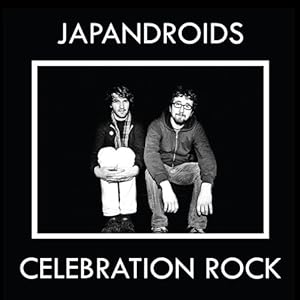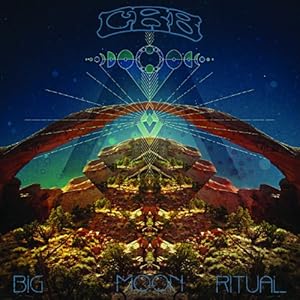The Denver Quintet sings about fast topics; drinking, drugs, and vices in general. Typically, this act is tired and contrived, but these guys sound as authentic as an old scotch. They seem to really live their songs, and live their music. Though the lead vocalists bar room warble, the songs turn into stories of the band's revelry. The horns and piano make for the perfect setting for saloon style merrymaking. As I listened I could imagine myself very drunk, drunker than I was, throwing my arm over the shoulders of my friends, singing and swaying along to the music. Though the instruments are classical, the band played hard, the pianist headbanged as he tickled the ivories, and the trumpet player stumbled around as he ferociously belted out his notes. Their exhausted, but resilient energy enhanced the raw unpolished sound of the band. A. Tom Collins is a gritty band, and as they waled "Fuck the Pretty People" as they closed their set, they are happy that way.
Sorry I can not write more thoroughly on this band, as I have very limited experience with them. Hopefully I will learn more.






